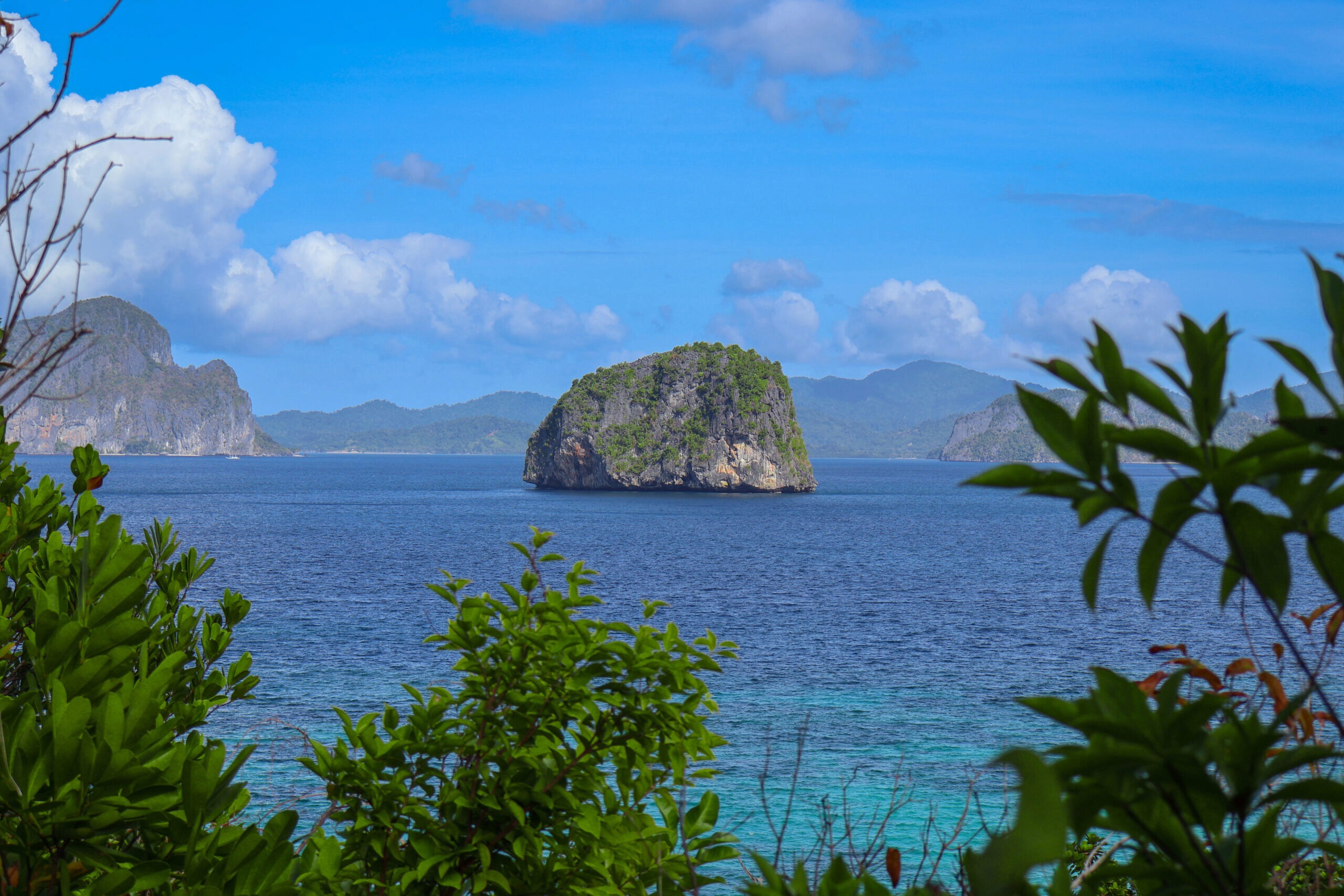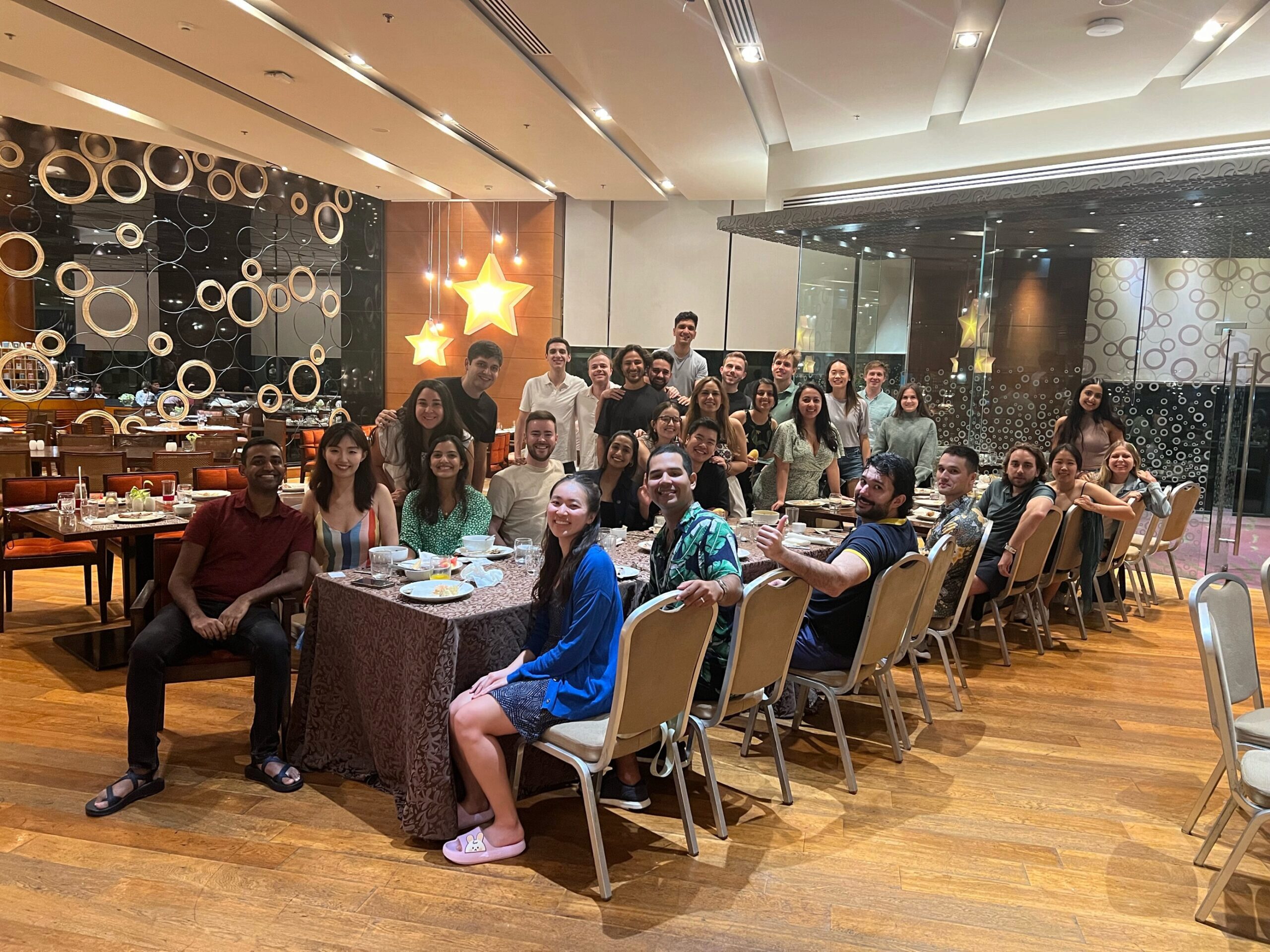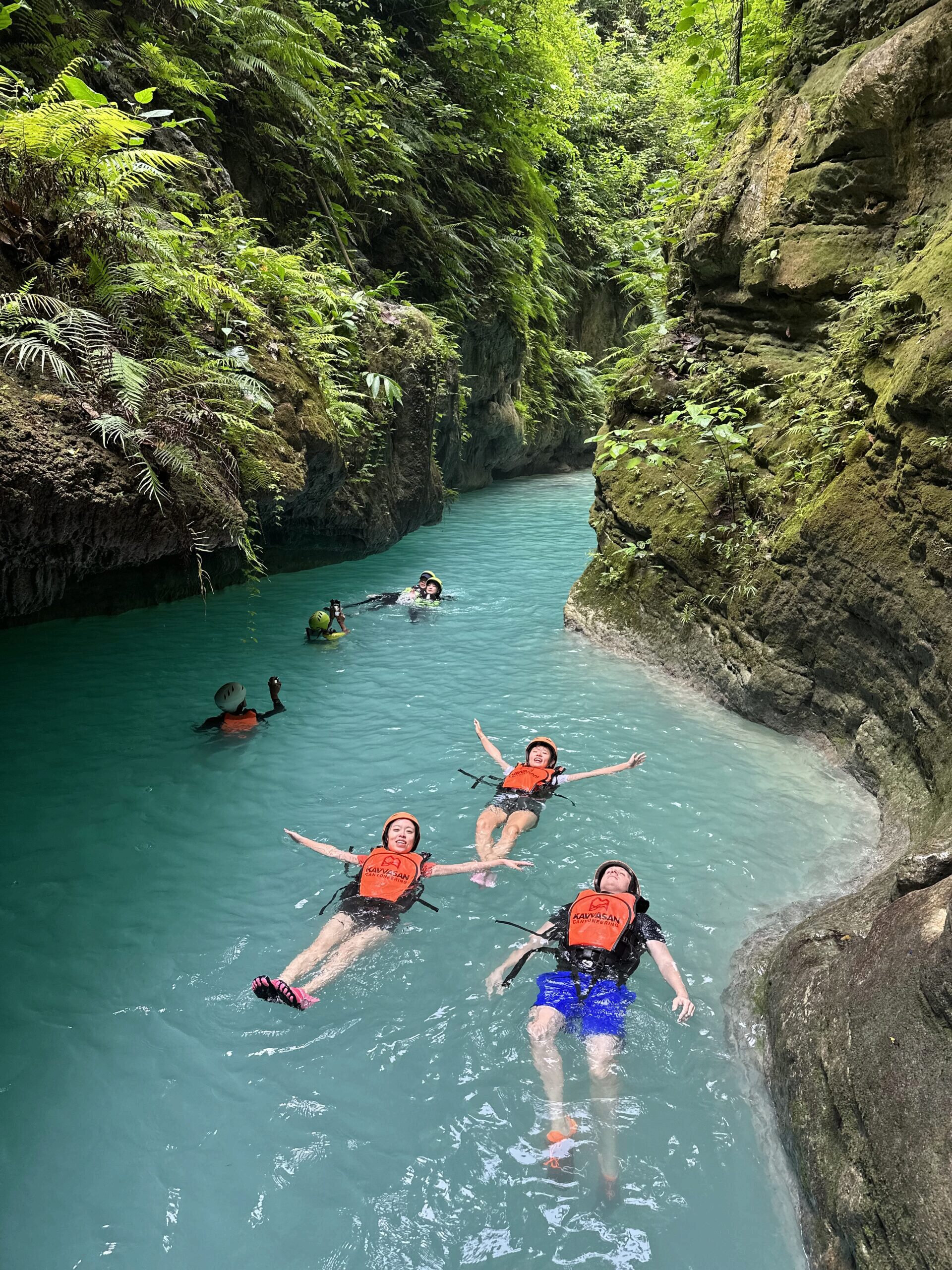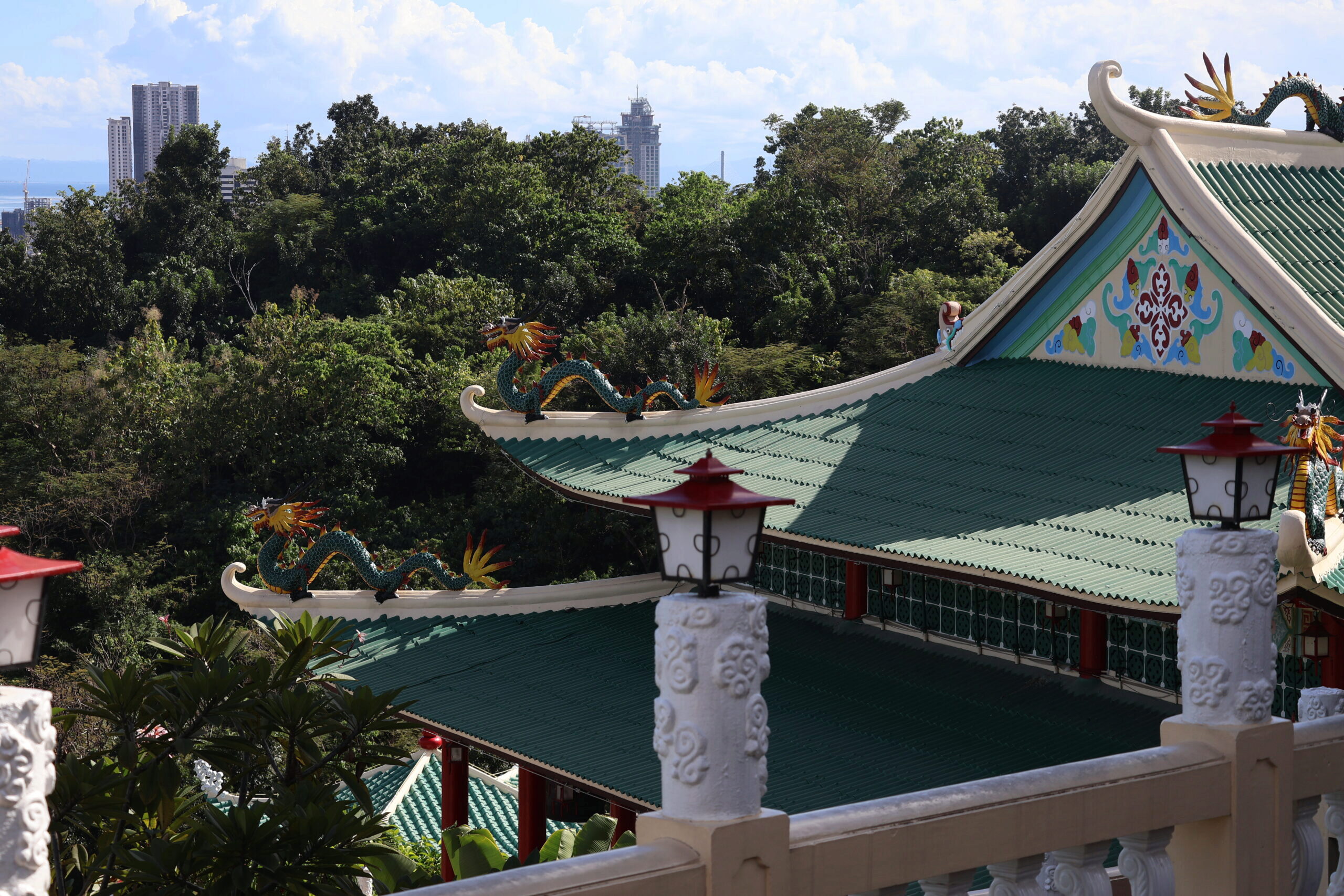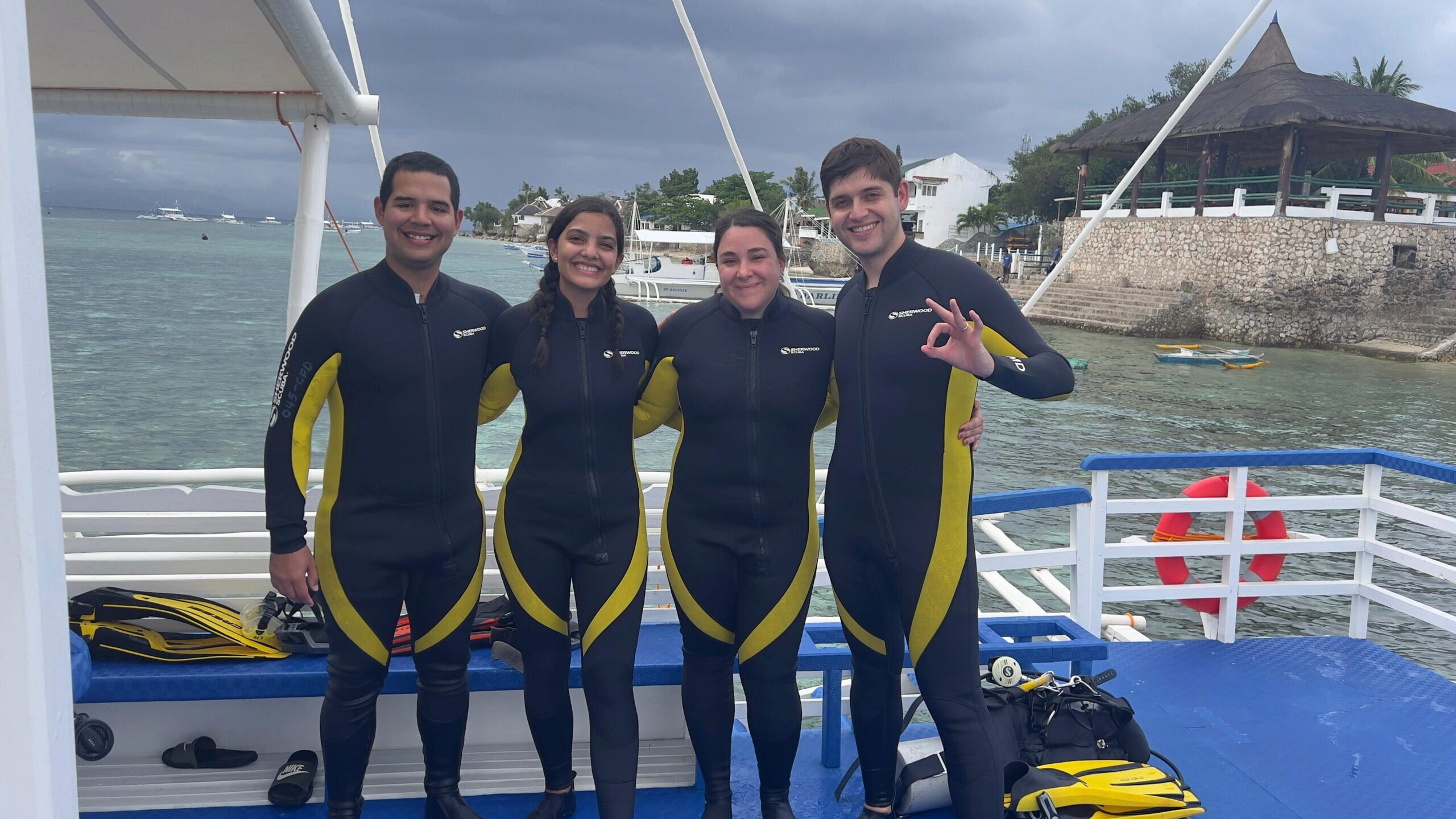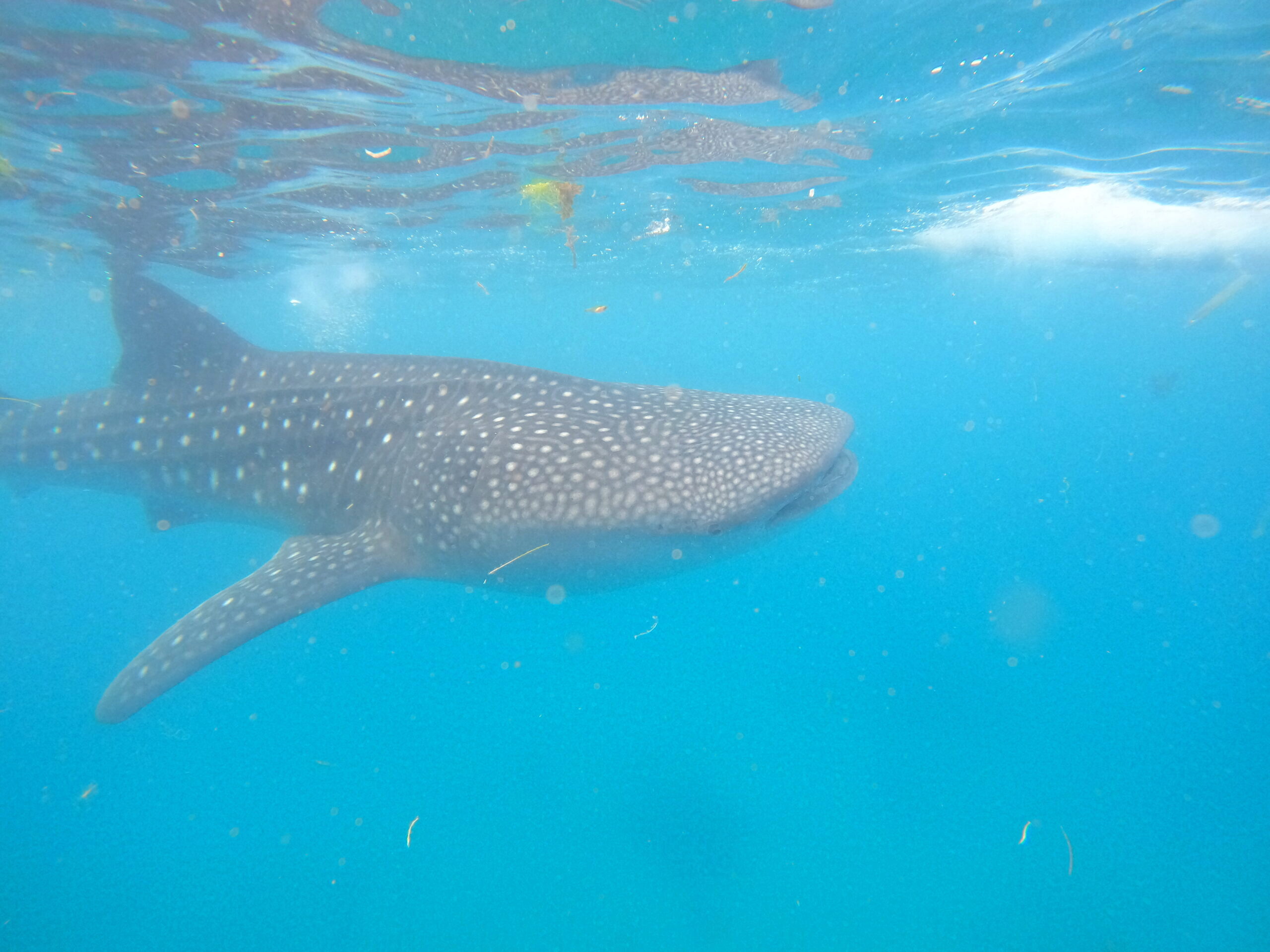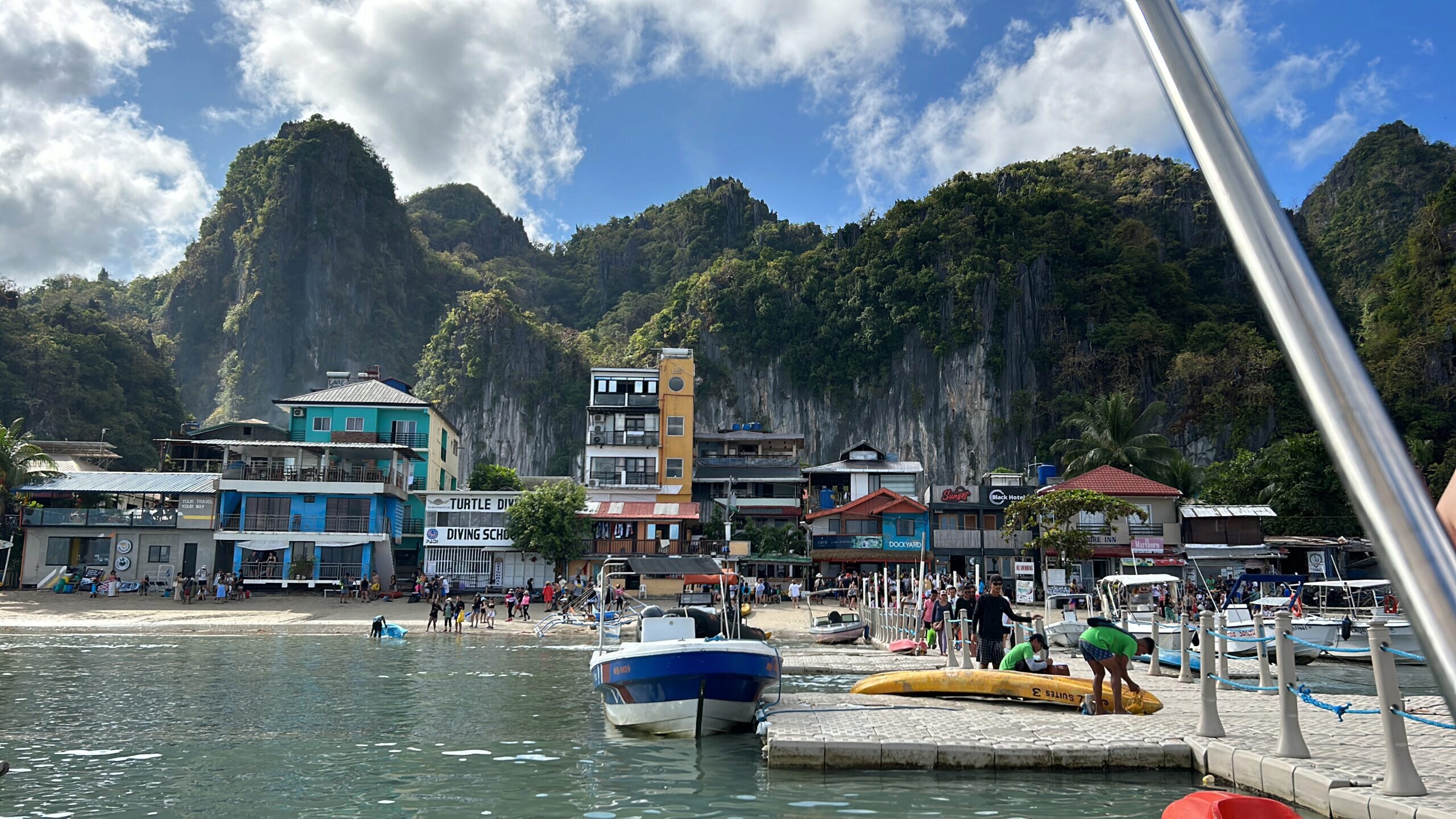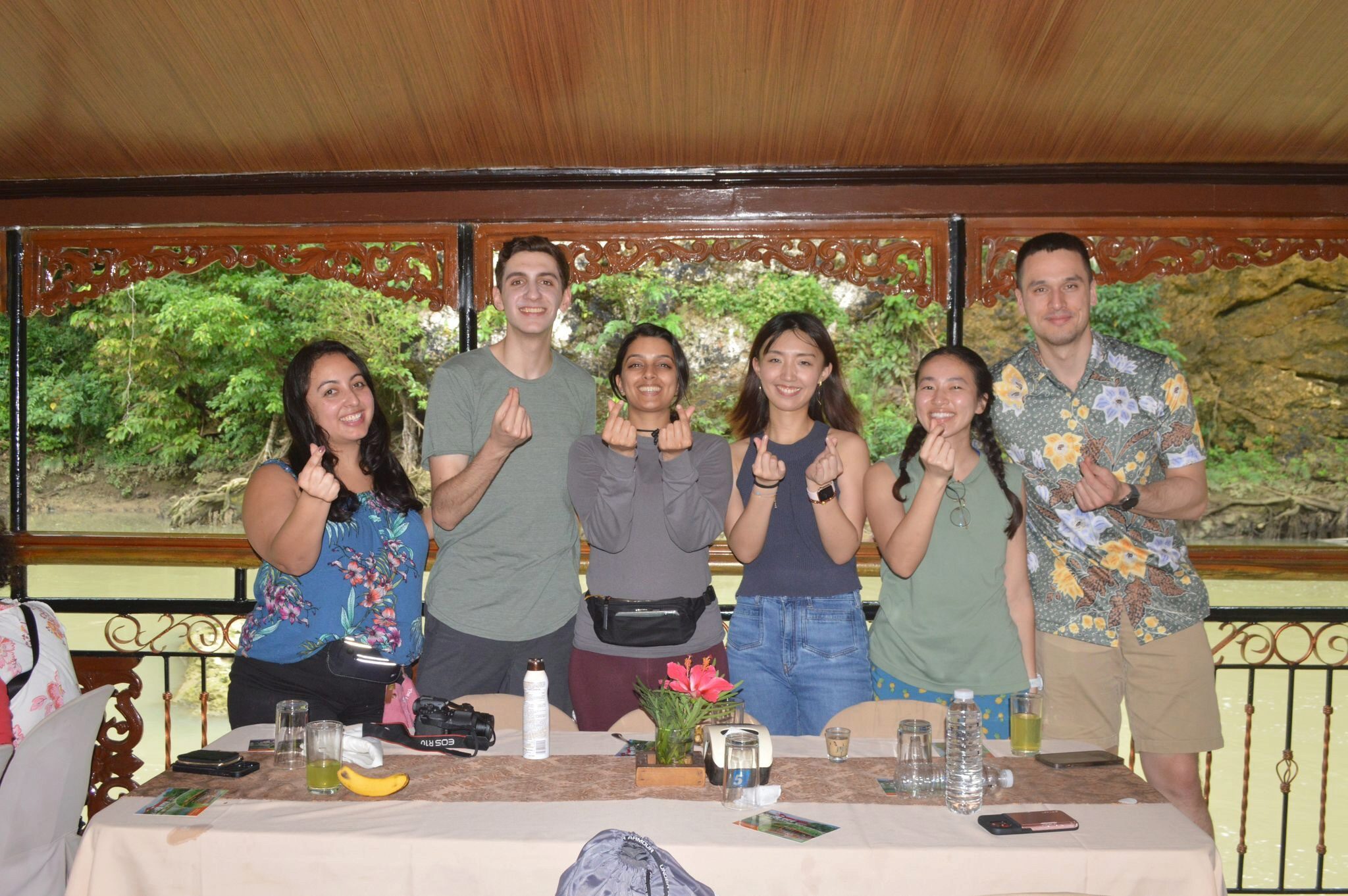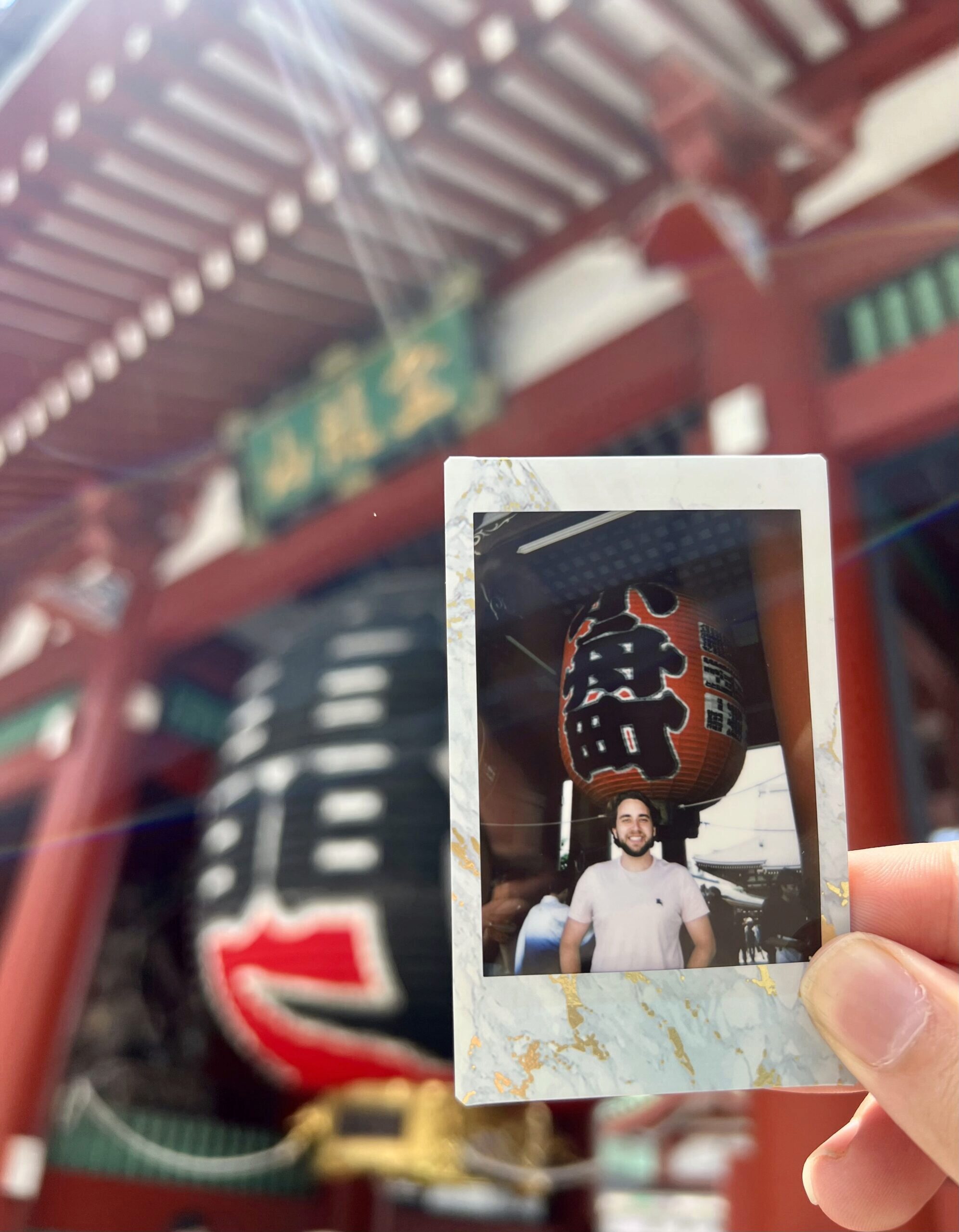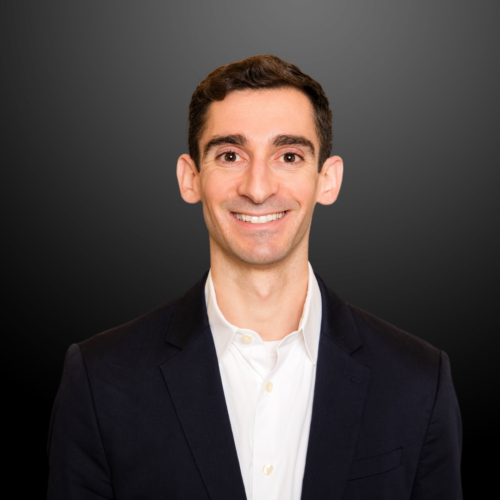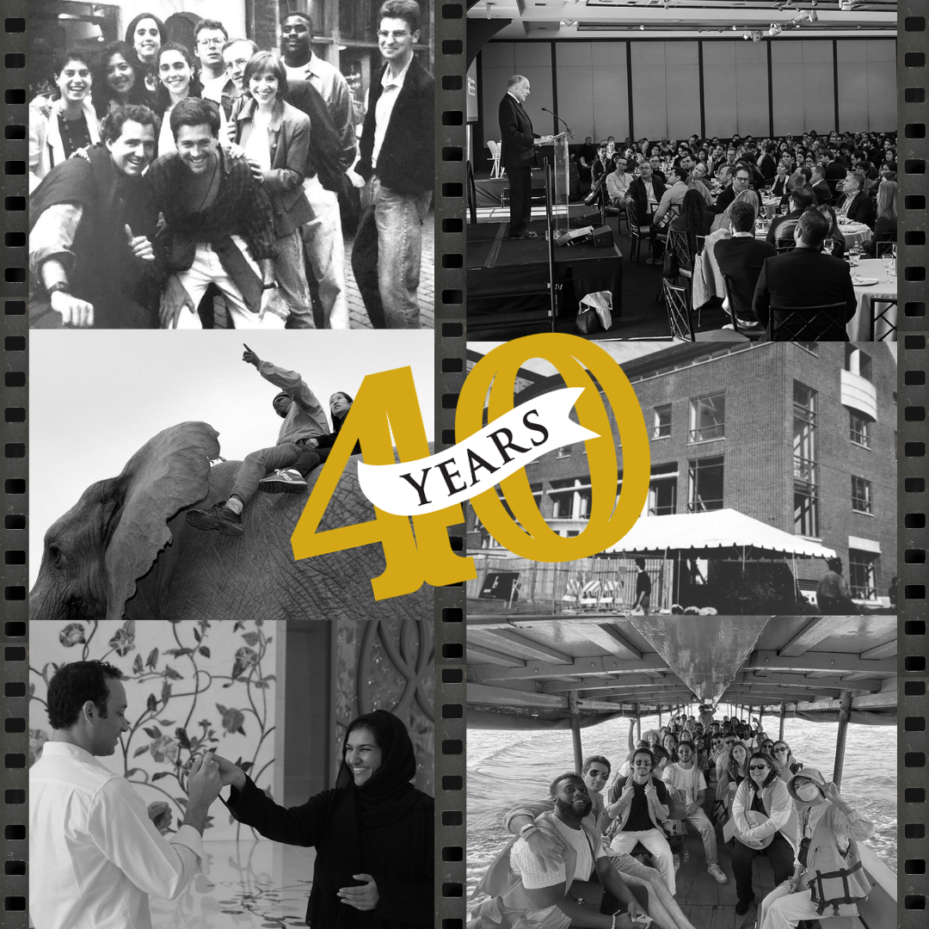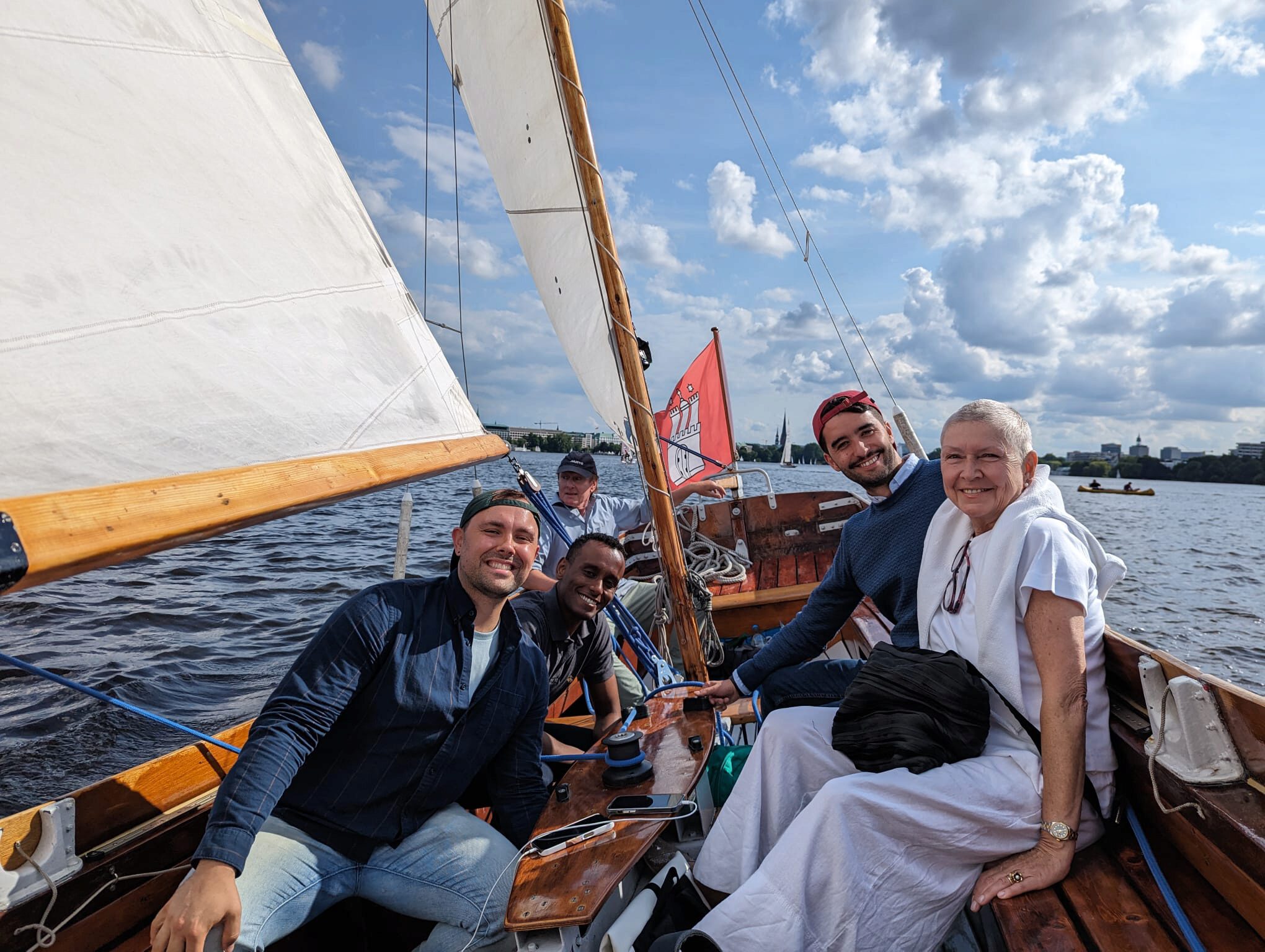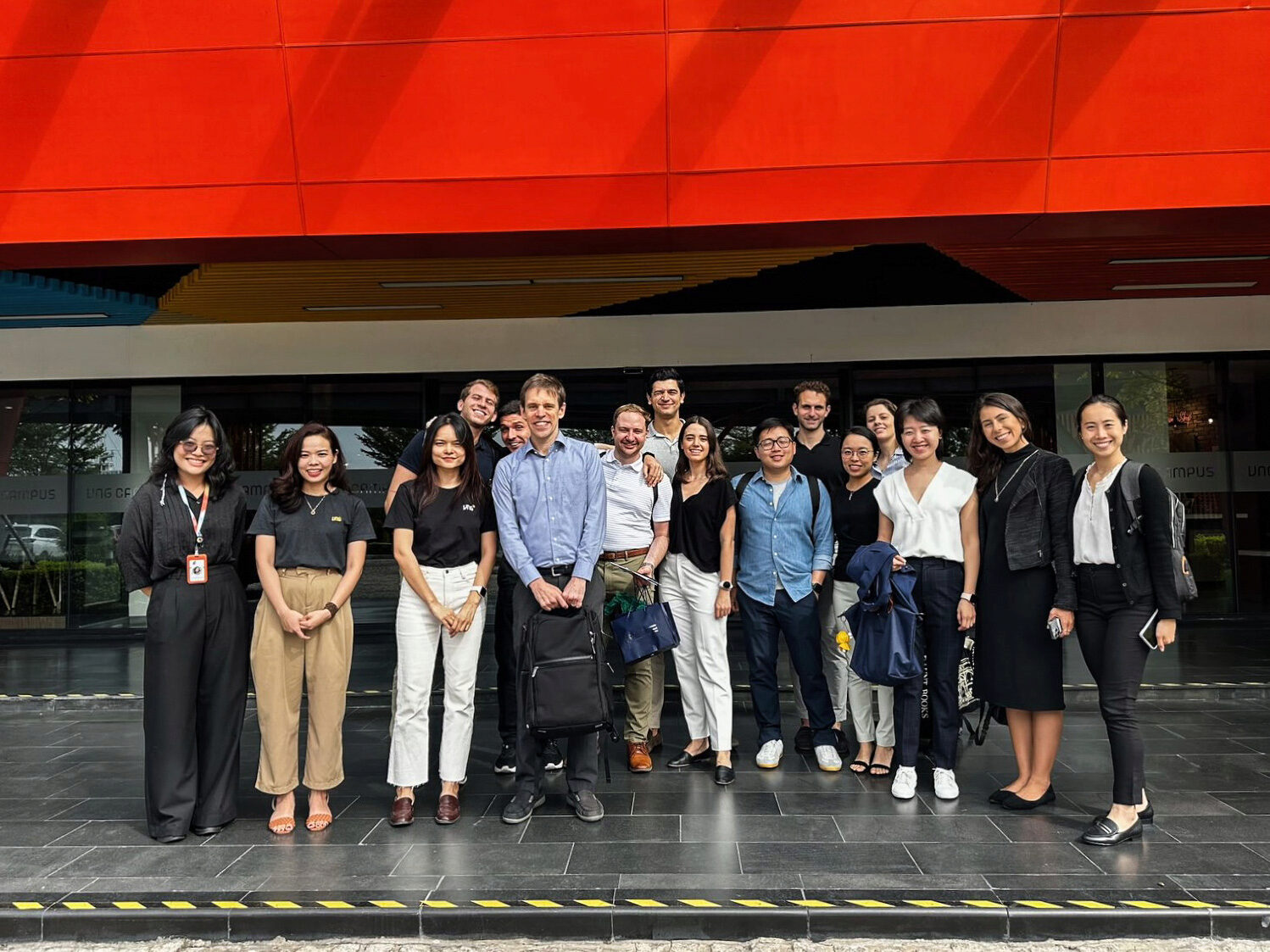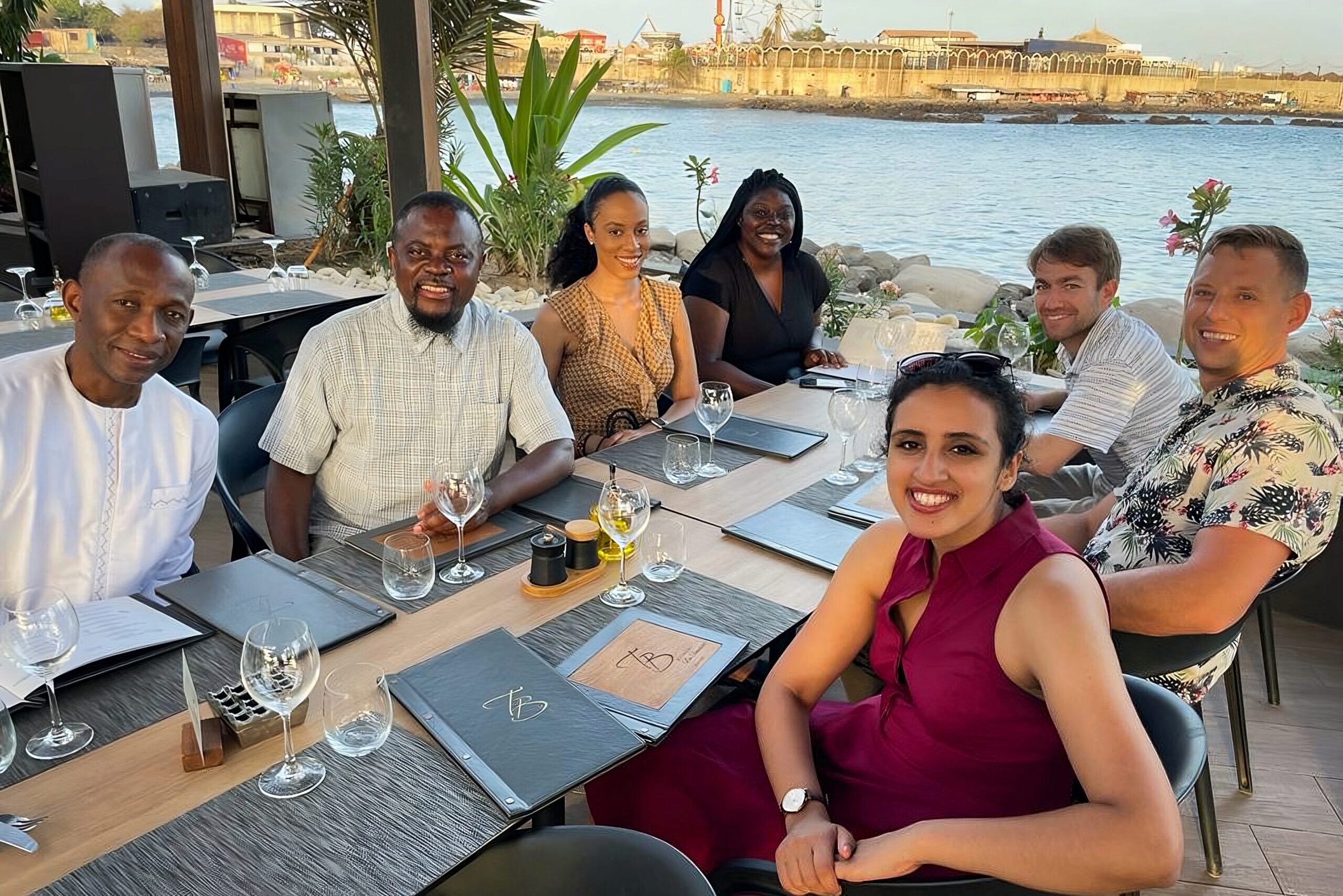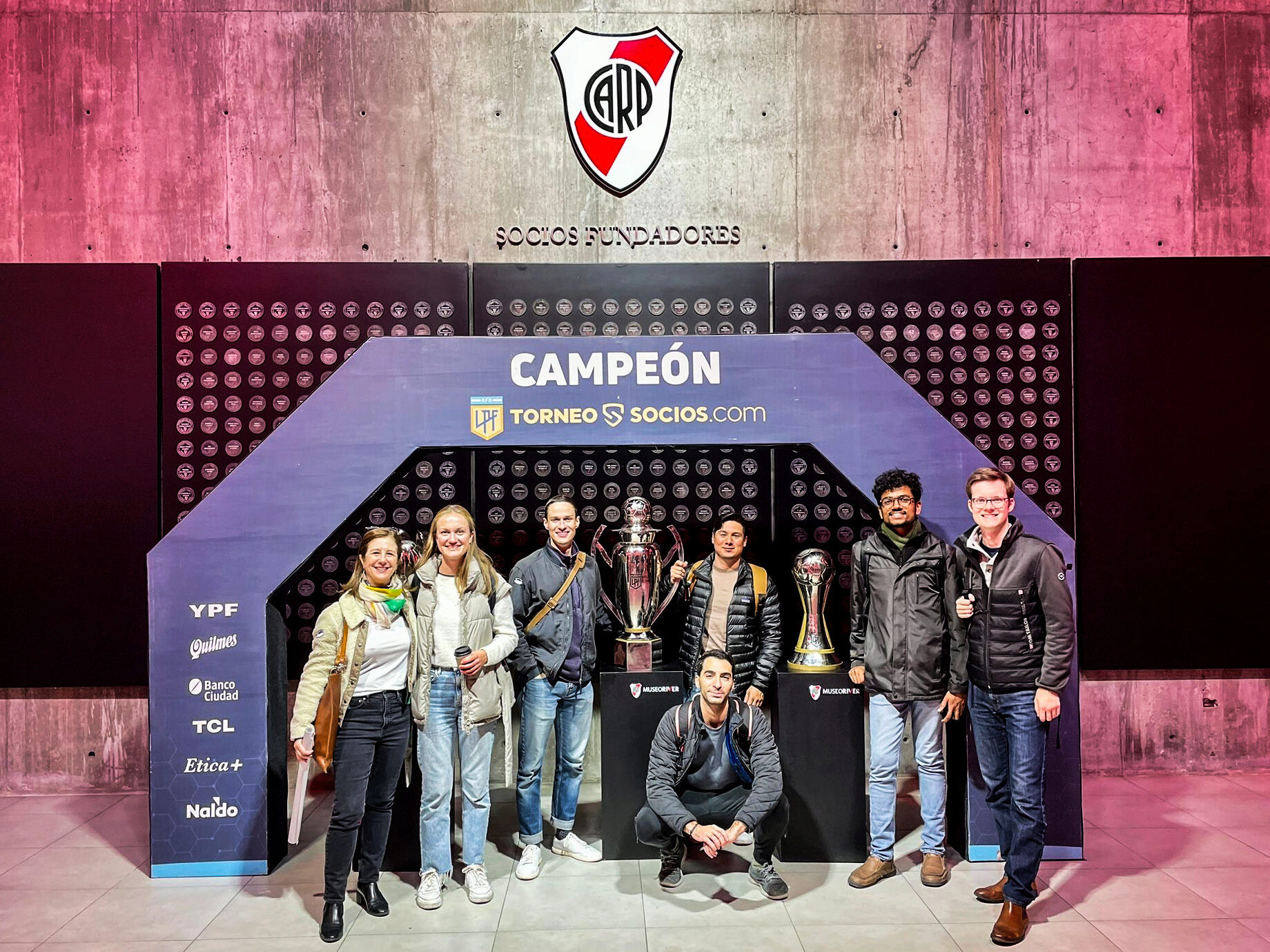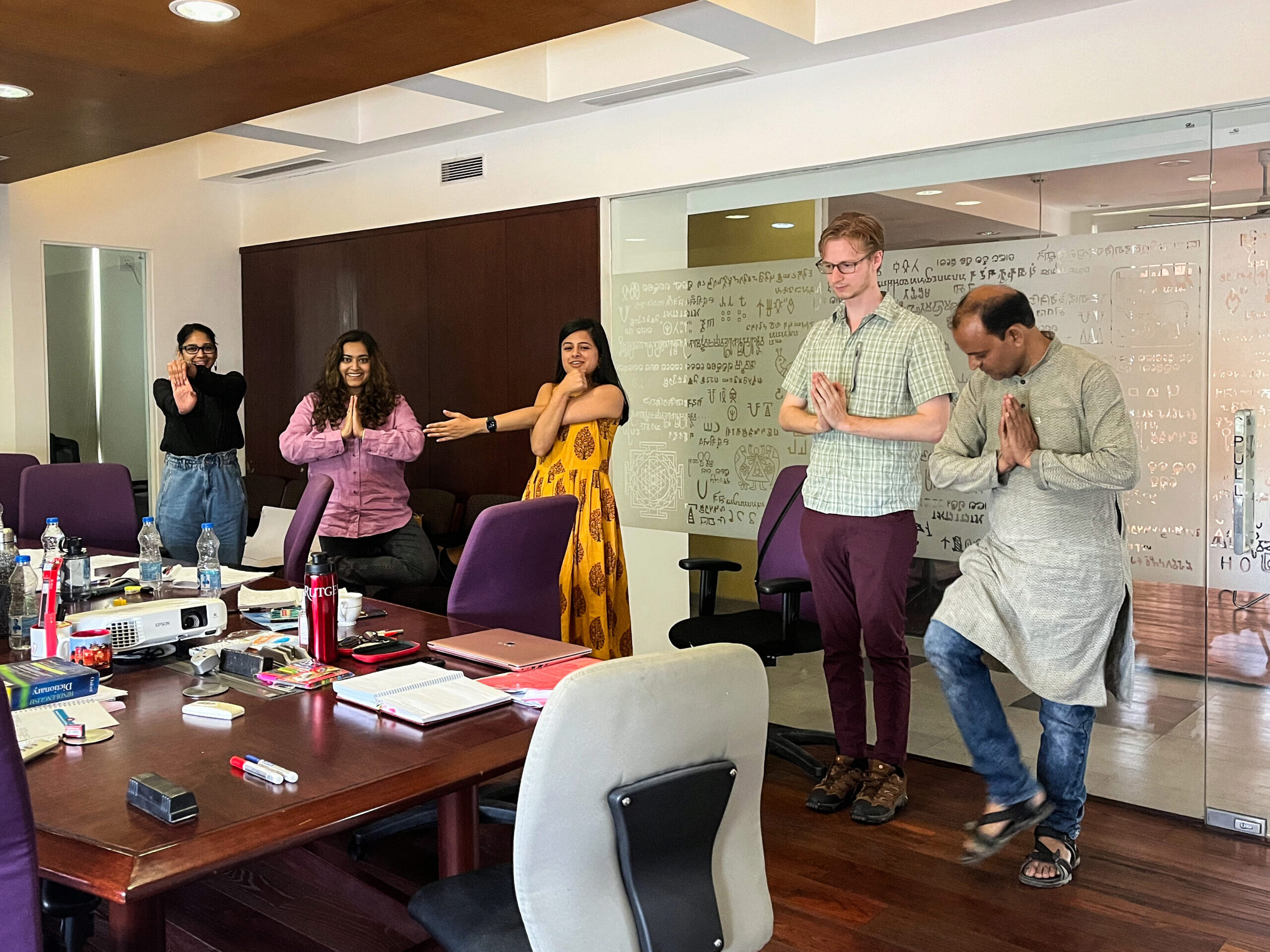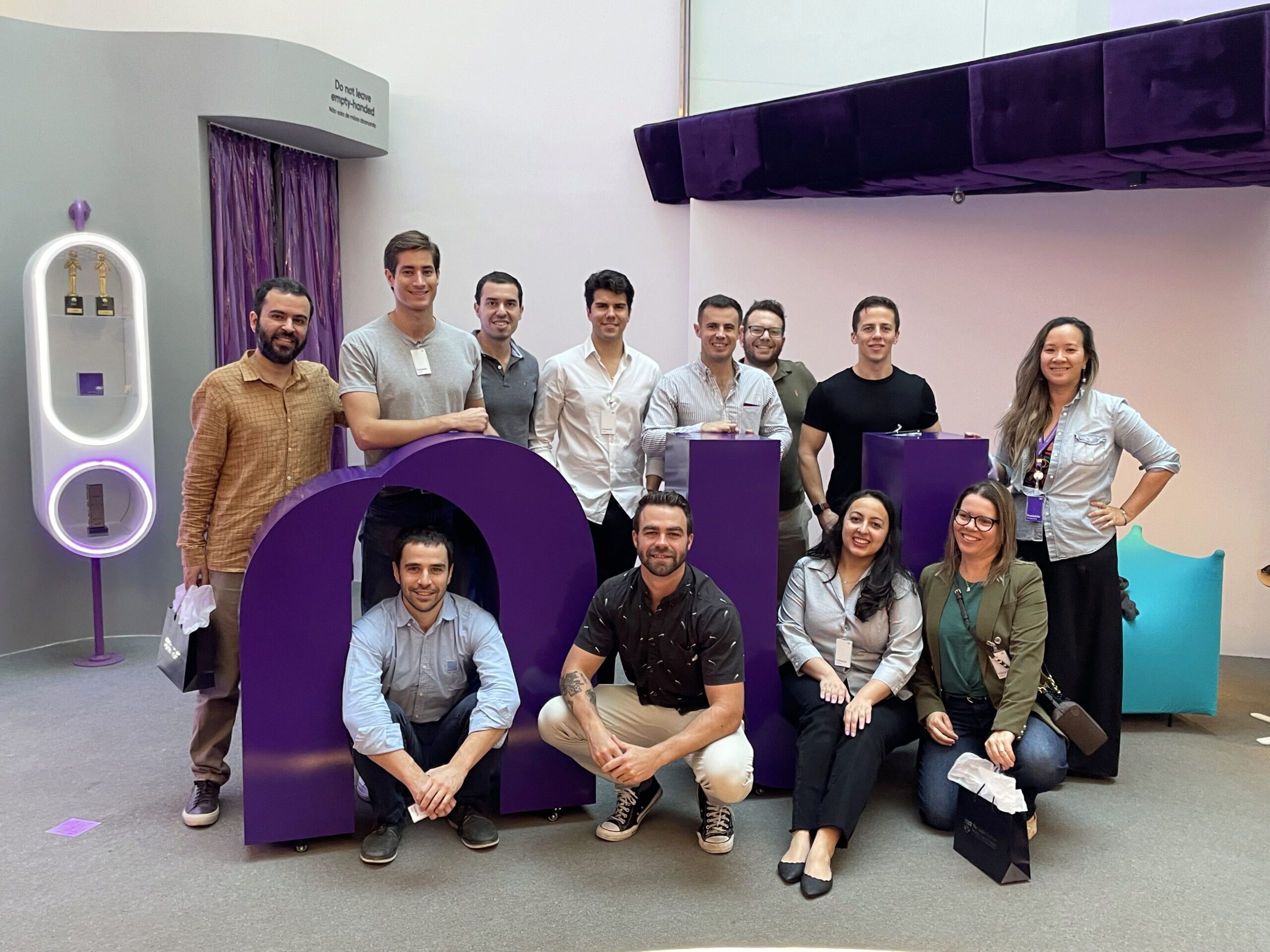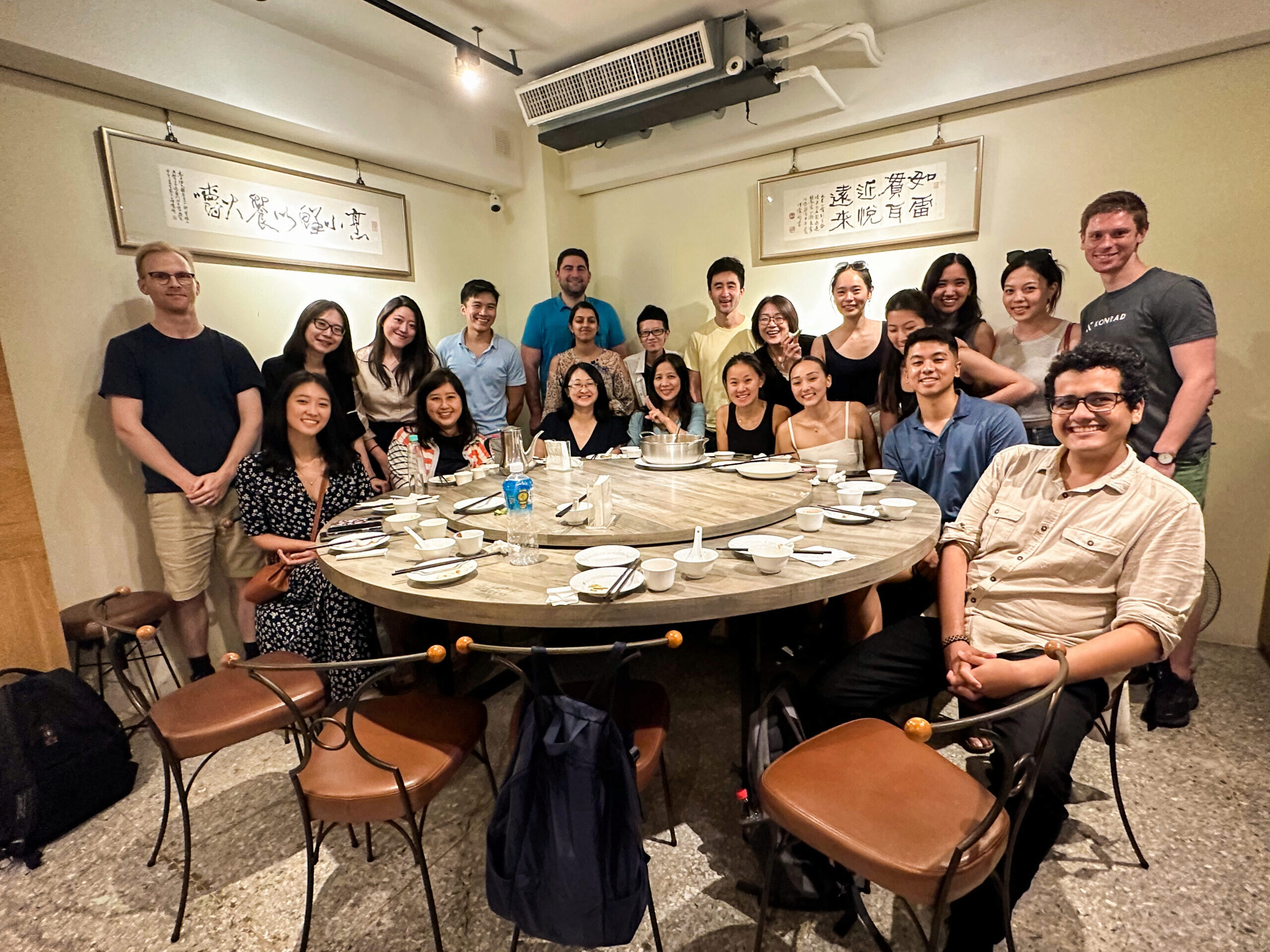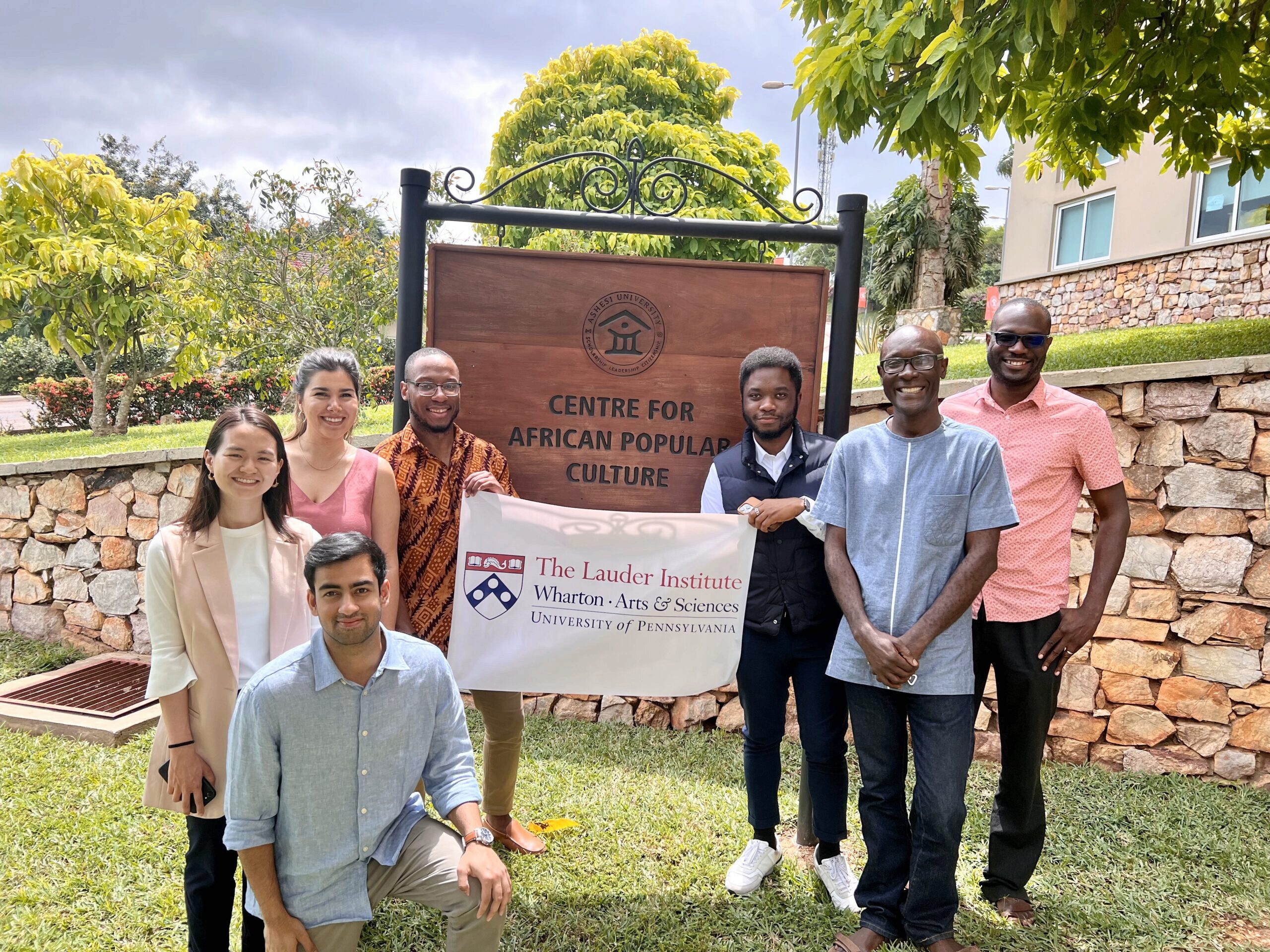Lauder Code of Conduct
A student who does not remain in good academic standing or who violates the Lauder Code of Conduct will be informed in writing and may lose eligibility for official Lauder extracurricular student activities, student leadership positions, and funding and could be required to withdraw from the program.
If, upon the recommendation of the designated Faculty Directors, the Committee on Academic Programs designates a student as not being in compliance with the Code of Conduct, eligibility for extracurricular activities, meetings and funding is in jeopardy. See details below about the Lauder Code of Conduct. The Lauder Committee on Academic Programs will determine any sanctions; inform the student of the process for appeal/response and the duration of the non- compliance status.
All members of the Lauder community are expected to uphold the highest ethical standards and practices appropriate to their status as members of the Lauder community. The MBA student body has articulated specific related guidelines, approved by vote in the spring of 1989.
The full text of the “Graduate Code of Ethics” can be found in the MBA Resource Guide. The Code of Student Conduct and Responsibilities at Penn Law similarly applies. Students are responsible for reviewing the codes of conduct noted above. Failure to uphold the Lauder and Wharton Code of Conduct means that a student is officially not in compliance with this standard.
Above and beyond the Codes above and to ensure a positive and productive learning and teaching environment, the Lauder Institute will respond to disruptive behavior, which is considered behavior that interferes with or obstructs the functioning and flow of a work or educational environment and individual academic efforts. Examples of such disruptive behavior include, but are not limited to, (a) frequent tardiness; (b) distractive talking, such as speaking out of turn or monopolizing classroom conversation; (c) verbal disputes, perhaps of such form, frequency, and range to indicate a student’s systemic inability to form peer bonds; (d) physical disputes or threats thereof; (e) substance abuse; (f) use of electronic devices that have been defined as not permitted during instructional periods; (g) malicious gossip meant to ostracize or bully others; (h) threats to harm self or others; (i) intellectual mocking that may intimidate or “silence” others from further active participation in learning activities; and (j) frequent complaining, possibly aimed to be excused from and/or renegotiate responsibilities or commitments that are part of a standard Lauder curriculum.
A response system is in vigor if any of the codes in this section are violated. The response aims to treat students fairly and consistently. It includes: (1) a verbal warning by the faculty member/Lauder representative in situ for any failure to meet academic requirements or adhere to the Lauder Code of Conduct; (2) notification to respective Faculty Director of any issue; (3) a written warning/documentation by the relevant faculty and/or academic faculty head; (4) a formal meeting with the faculty member/ Lauder representative; and (5) a follow-up meeting/message about progress or continuing issues.
Students will be given the opportunity to respond and debrief with Faculty Directors. The opportunity to respond will occur upon return from off-campus activities. The Lauder Committee on Academic Programs will review cases that are brought to the Committee and determine consequences. The Managing Director will inform a student – in writing – if he or she is not meeting the standards of academic standing and/or Lauder Code of Conduct as well as any decisions of the Committee on Academic Programs.
During off-campus Lauder summer immersions, Lauder Intercultural Ventures (LIVs), and mini- immersions, the Lauder Institute reserves the right to dismiss a student from a Lauder activity due to severe disruption to program activities. In the case of Lauder Summer Immersion, dismissal will follow 3 written warnings from the Lauder Institute faculty/representative; however, the Institute may request that a student leave the program immediately in exceptional situations. In cases where a student is requested to leave the Summer Immersion program, but is not requested to withdraw from the Lauder Institute, the student must submit make-up work in order to receive a course grade. The course grade will be no higher than a “C”. In the case of Lauder Intercultural Ventures (LIVs), mini- immersions, or officially-recognized Lauder academic activities, dismissal will follow 2 written warnings from the Lauder Institute faculty/representative; however, the Institute may ask a student to leave the program immediately for egregious behavior. The Managing Director will also communicate penalties as a consequence of the reported incidents; these may include, but are not limited to, required make-up work, cancellation of fellowship awards for that semester, and denial of eligibility for Lauder honors or awards. Students will not receive refunds for summer immersion expenses or rescheduling fees in the event of dismissal from Institute activities. Please note that Lauder classes are for students enrolled in the Lauder M.A. degree only.
A special note on virtual activities/recordings for instructional purposes: all video, audio, and on-screen activity, including chat windows, are for the purposes of Lauder classroom instruction only, and must not be posted publicly or shared beyond your class members. Inviting others or circulating recordings is not allowed. As classes may need to be recorded, the Lauder Code of Conduct, the Wharton Code of Ethics as well as the Student Code of Conduct and Privacy Policies of the University of the Pennsylvania apply. Violations of these policies may affect the course grade and standing in the Lauder Program.
Code of Academic Integrity. The University of Pennsylvania’s Code of Academic Integrity, which articulates the principles and spirit governing cases of cheating, plagiarism, fabrication, multiple submissions, misrepresentation of academic records, facilitating academic dishonesty, and unfair advantage applies to all Lauder students. The Code of Academic Integrity may be found at: https://catalog.upenn.edu/pennbook/code-of-academic-integrity/. Failure to uphold to the University code of academic integrity means that the student is automatically not in good academic standing.



